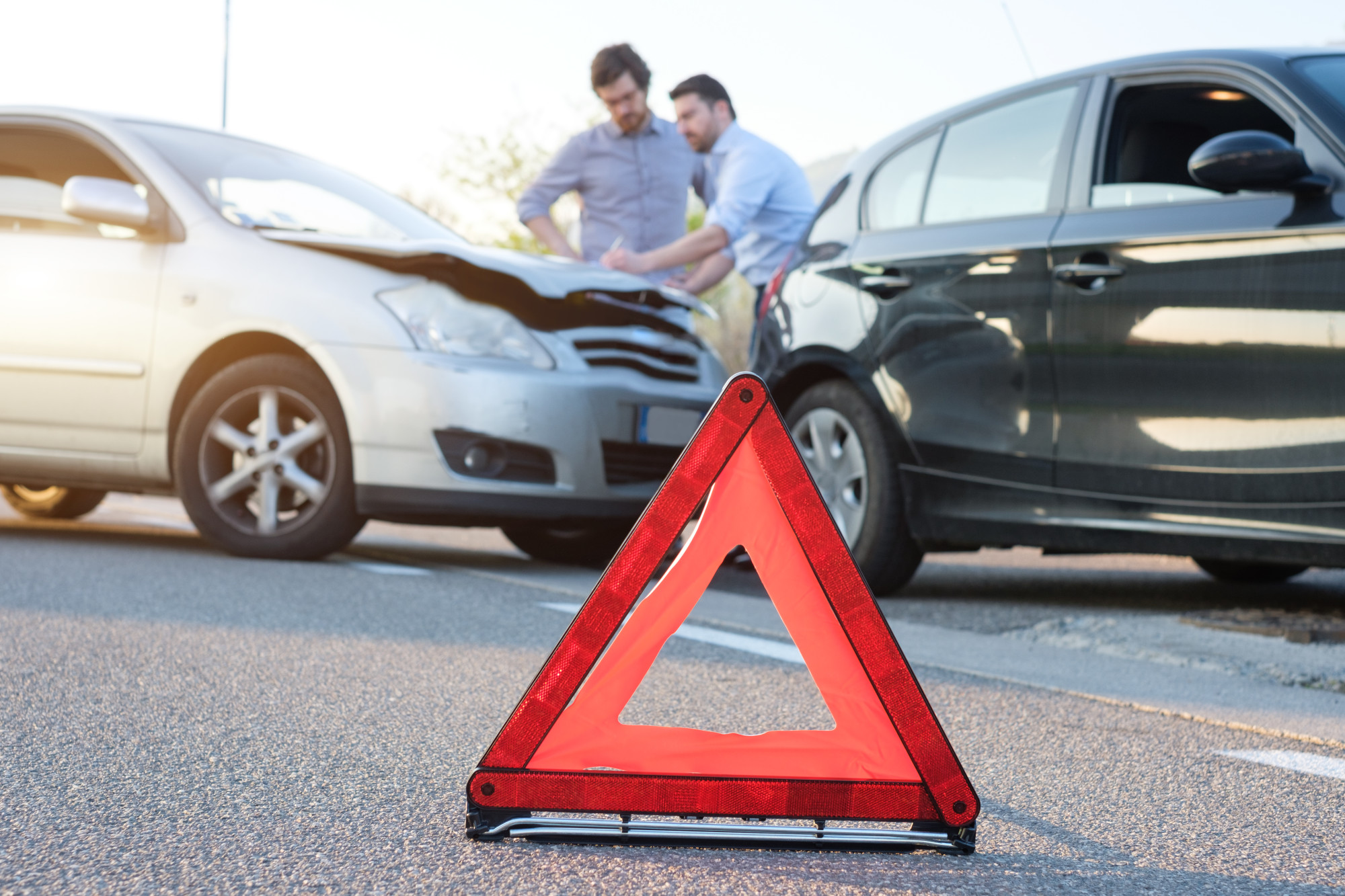Rideshare accidents can be unnerving, confusing, and chaotic, leaving you feeling like you are drowning in a sea of uncertainty. There is the immediate shock and physical pain after the accident, and then there are the nagging concerns to deal with. For example, you want to know who is responsible, who will pay for the damages, and how you will navigate insurance claims.
MORE NEWS: Tripadvisor reveals the must-visit destinations for 2025
Here is a guide to help you navigate insurance claims after being involved in a rideshare accident in California. You can find valuable insights that will make it easier to traverse the complex terrain of insurance claims post-accident.
California Law Gives You Certain Rights and Responsibilities
As a victim in a rideshare accident in California, you have certain legal rights and responsibilities you must understand, something personal injury attorney Walter Clark of Walter Clark Legal Group can help with. In California, rideshare companies like Lyft and Uber are required by law to maintain a certain amount of liability coverage. The coverage is to cater to accidents that occur during active rights and is usually a million dollars. However, what if the accident happens when the driver is off-duty or the ride is yet to start? In addition, what if the damages incurred during the accident exceed the coverage limit rideshare companies are required to maintain? This can be pretty complicated, and it can lead to frustration and dejection, especially without legal representation.
After a Rideshare Accident, What Should Be the First Step?
The first step after a rideshare accident is to seek immediate medical attention—even if you do not feel pain. If you are unable to seek medical attention immediately, you can use the time to gather necessary information at the accident scene. While you are waiting for the arrival of the ambulance, you can obtain information such as the driver’s details, insurance information, photographs of the scene, and witnesses’ details.
Documenting evidence thoroughly is critical for a successful claim. Take clear photographs of the accident scene, your injuries, and vehicle damage. Keep all receipts, medical bills, and communication records with insurance companies. This detailed documentation supports your case, providing the proof needed to strengthen your claim and secure a fair settlement.
Furthermore, as soon as you can, you must have yourself checked into a hospital for a medical exam. Apart from it being extremely important for your health and safety, the records will be vital evidence in your claim. For example, the medical costs, among other things, will factor into the final settlement amount you receive as compensation.
The Catch in the Large Insurance Policies of Rideshare Companies
Although rideshare companies have large insurance companies, things are not as straightforward as you would hope. Moreover, rideshare companies operate on a three-part system, which depends on the driver’s status when the accident occurred. For example, if the ride has not started or the driver was off duty when the accident happened, the coverage is minimal.
On the other hand, there is extensive coverage if the accident occurred during a trip. There is also sizable coverage if the accident happened while the driver was on their way to pick up a passenger. A huge coverage does not mean you will get a fair settlement easily; insurance companies hate to lose money. First, they might argue over the applicable policy, which can lead to a delay in settlements. Also, they may downplay the severity of your injuries or blame them on pre-existing conditions, or they can rush you into a lowball settlement.
Conclusion
There are numerous obstacles surrounding compensation claims against rideshare companies; having a lawyer makes overcoming them easier. A seasoned personal injury attorney understands the tricks insurance companies use to discredit your claim or reduce your compensation. They know the best tactics to counter their play, advocating for your rights and taking the case to trial if worse comes to shove. With their expertise, you level the playing field against insurance companies, succeeding in holding powerful corporations accountable.




